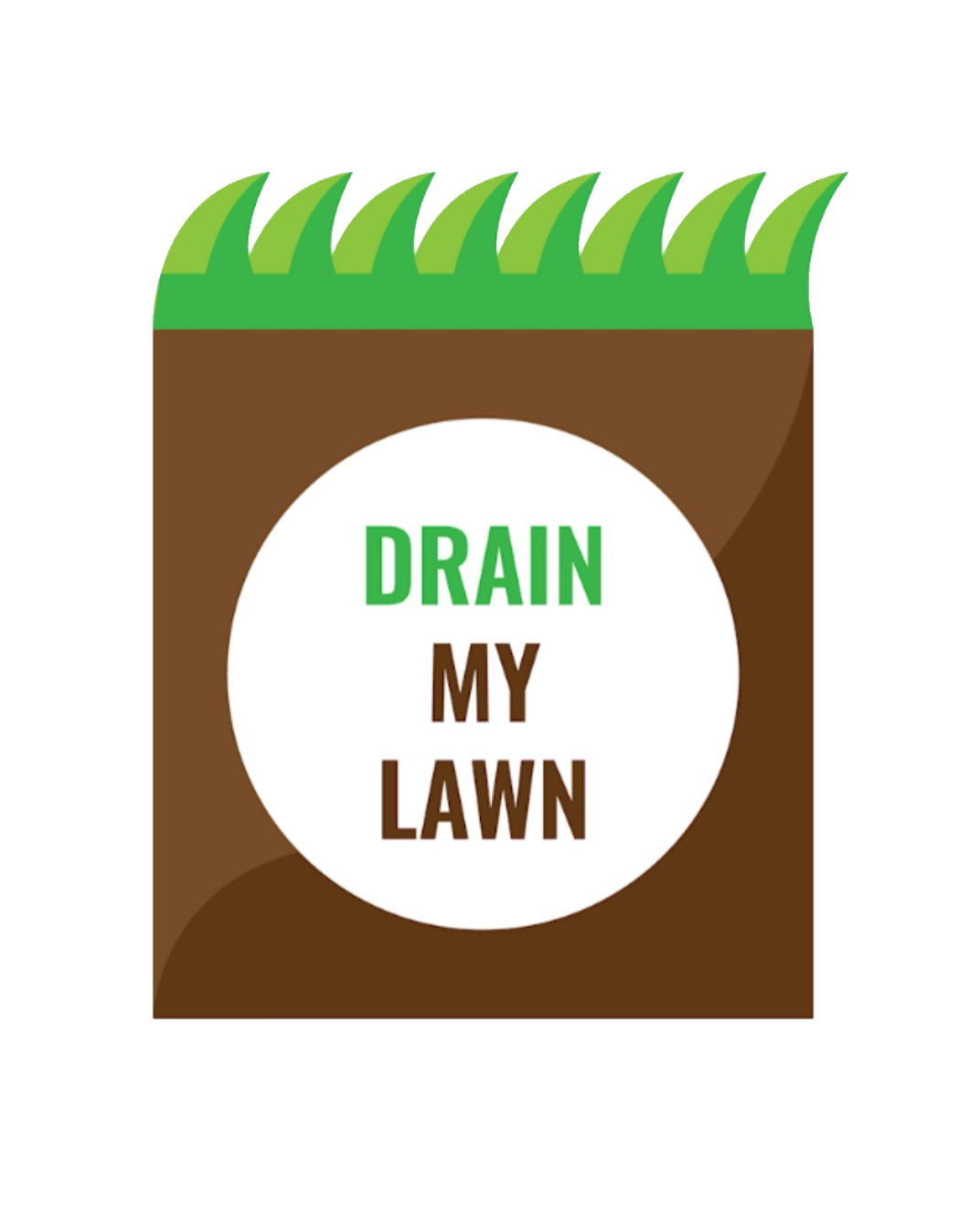Demystifying French Drains: What You Need to Know
Hey folks! Today, we're diving into the world of French drains. This term gets thrown around a lot in the drainage industry, and there’s a ton of confusion about what a French drain actually is. So, let's clear things up.
What Exactly is a French Drain?
A French drain is essentially a trench filled with gravel or rock, containing a perforated pipe that helps redirect surface water and groundwater away from an area. It's a fantastic solution to prevent water from damaging your property.
Common Misconceptions
Here's the thing: people often misuse the term "French drain." You hear it applied to downspouts, catch basins, and other drainage systems, but that’s not correct. Even some contractors get this wrong. So, let's set the record straight.
One of the defining features of a French drain is its perforated pipe. These tiny holes allow groundwater to seep in and get carried away. But – and this is super important – French drains are not meant for surface water. If you let surface water in, you're asking for trouble.
Why Surface Water is a No-Go
When surface water, full of debris, flows into a French drain, it clogs up those perforations. Little roots find their way in, grow bigger, and before you know it, your system is backed up and failing. That's why you can't run water from downspouts or catch basins through a French drain.
Installing a French Drain the Right Way
So, how do you install a French drain properly? Here are the key steps:
Perforated Pipe and Geotextile Fabric: Use non-woven geotextile fabric to wrap your perforated pipe. This keeps soil and roots out while letting water in.
Keep Surface Water Out: Don’t let surface water into your French drain. This includes water from downspouts and catch basins. They carry debris that can clog your system.
Solid Pipe for Surface Water: If you need to manage surface water near your French drain, use a solid pipe. Connect your catch basin to this solid pipe and keep it separate from your French drain. This way, debris and sediment don’t mix with your French drain system.
Final Thoughts
Understanding and installing French drains correctly can save you a ton of headaches and money down the road. If you’re in the Charlotte, North Carolina area and have any questions about French drains, give Drain My Lawn a call at 704-489-3444. We’re here to make sure your drainage systems are spot on!
Catch you next time, and happy draining!

